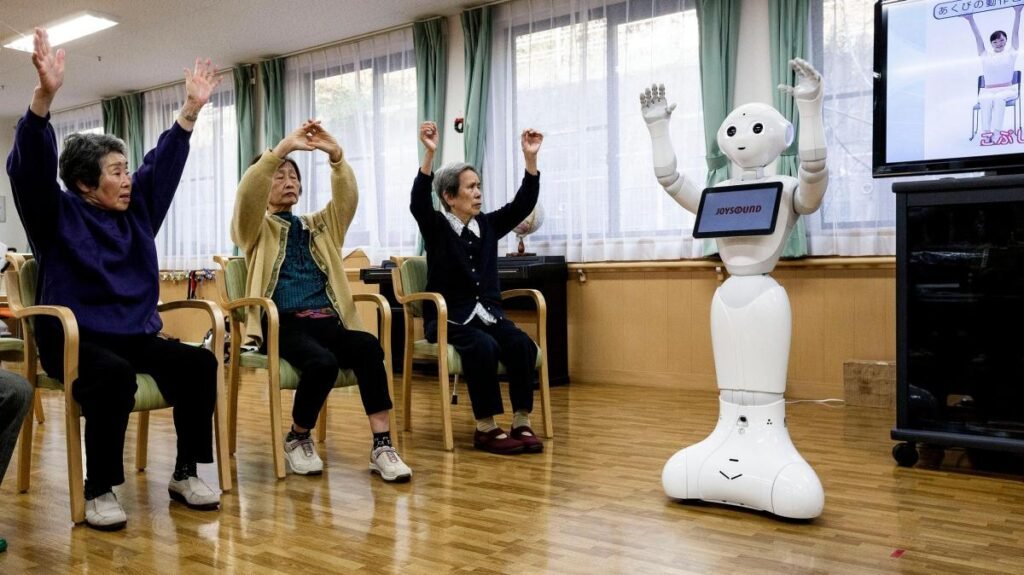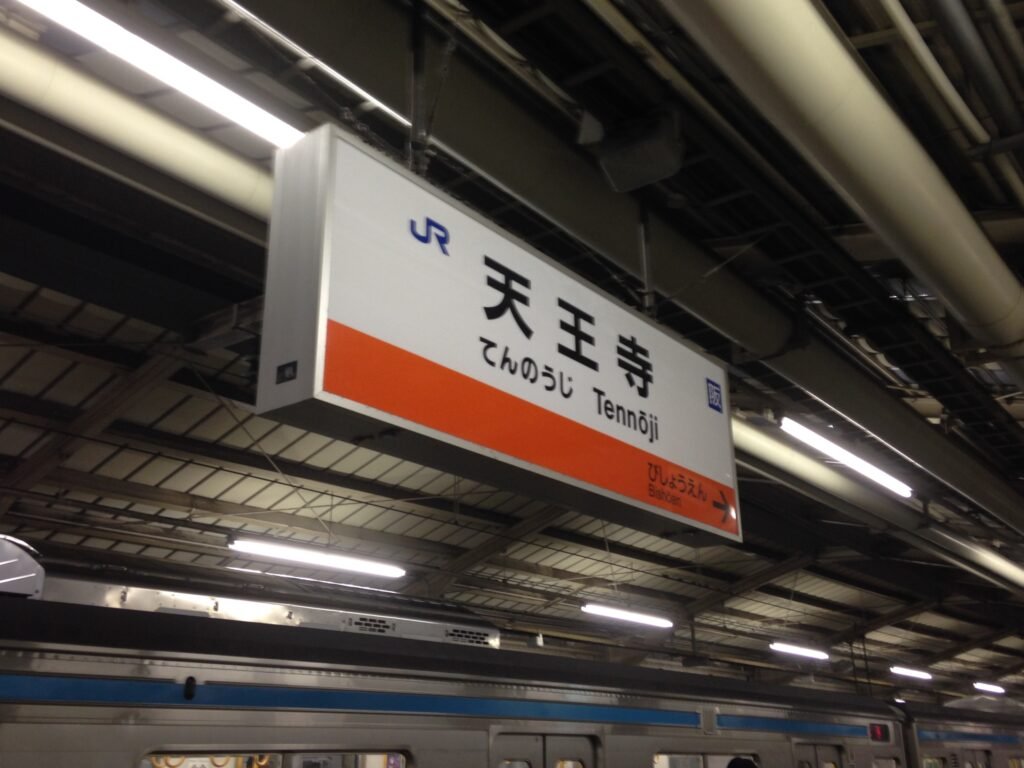
Each week, here at Osaka.com, we bring you a selection of some of the top stories about Osaka making the local and national news here in Japan. Sometimes it’s serious, sometimes it’s funny, but it’s always direct to you, from Osaka.
Here’s a look at some of the stories hitting the headlines in Osaka this week.
Table of Contents
School Lunch Off the Menu in Higashi-Osaka

Local government officials came under fire this week in Higashi-Osaka City. Leaders were forced to rip up a contract with a local supplier of school lunches. The news came after the supplier confirmed to the Board of Education last week that it had failed to secure enough delivery vehicles to service the city’s 51 elementary schools.
As a result, 26 of these schools will not have a school lunch provided for students this week. Instead students should bring their own lunch from home. However, amidst growing poverty in the city, advocates worry that some families will not be able to afford the inconvenience.
School Lunch Problems Point to “Systematic Failures”

For their part, local government officials pledged to thoroughly investigate why the contracted supplier failed to deliver. They also vowed to reassess the bidding process for awarding such contracts. In the meantime, the company in question, Fuse Transport Co. faces a ban on tendering for any future government contracts.
A spokesman for the Higashi-Osaka City Board of Education said this week: “We are very sorry that some students and teachers will not be able to enjoy school lunch. We hope to resume school lunch service as soon as possible.”
The problem highlights a wider inequality within schools in Higashi-Osaka, namely the lack of on-site catering facilities. Of the 51 elementary schools in the city, 25 have their own, on-site kitchens. The 26 affected by the current lack of school lunch, do not have these facilities.
The current impasse triggered a debate among parents and welfare groups this week as to why the BOE tried to outsource catering in the first place. They argue it would have been more efficient and more economical in the long term, to install kitchens at these schools. In the meantime, authorities refused to comment on when exactly school lunches, originally due to start on April 18th at the affected schools, would resume.
Ruling Handed Down in Residential Home Abuse Case

Abuse cases at residential care facilities in Japan are, sadly, all too common these days. Officials in Ibaraki, just outside Osaka City, confirmed this week that a case from November last year was, indeed, abuse.
In this case, a resident of one Ibaraki care home injured their hand after a staffer encouraged them to hit it with a hammer.
According to reports released this week, the staffer said to the resident “If I told you to hit yourself with a hammer, would you do it?”
The resident then did as instructed.
The staffer followed this up. She added: “If I told you to stab yourself in the belly with a kitchen knife, would you do it?” The resident then tried to do so, before staff intervened.
The staffer’s explanation for her actions was, to say the least, lacking. She said: “I was trying to teach the resident to think independently, to stop just blindly doing what they were told. I am sorry for what I did”.
Shockingly, no criminal charges were filed in this case. Instead, guidance was issued to the home’s administrators on how to train staff more effectively. The staffer in question has since quit the role of her own volition. She faced no formal sanctions for the abuse.
And Finally…

A new railway sensor system, unveiled in Osaka this week, could save hundreds of lives per year.
Each year in Japan, hundreds face death or severe injury when they either fall or jump in front of oncoming trains. In most cases, drivers simply don’t see the victim in time to stop the train before hitting them. JR West’s new sensor system hopes to change that.
The new system completed a successful trial at JR Fukushima Station, in Osaka’s Fukushima Ward, this week. It reduces to the time taken to notify the driver when someone falls on the tracks to only 5 seconds.
Previously, in a “best case scenario” the driver would receive notification of someone on the line about 30 seconds later. With drivers operating brakes manually, these extra 25 seconds could, quite literally, be the difference between life and death.
The early detection system works via a series of sensors installed into the ceiling above train platforms. These sensors continuously scan for foreign bodies on the tracks. JR West, who pioneered this new technology next plans to roll out the new system across the Osaka Loop Line. In time, the new sensors will be installed at all JR West Stations in Osaka that don’t currently have platform barrier doors.
That’s all for now, but be sure to check back again same time next week for another round of This Week in Osaka!

















